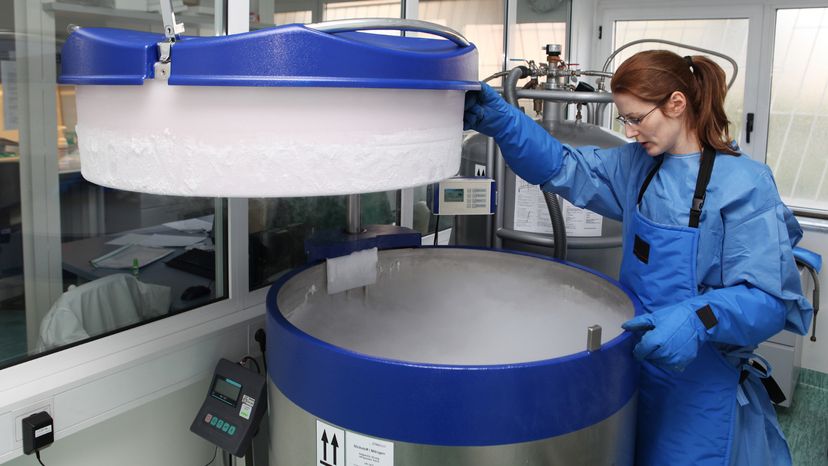
The year is 1967. A British secret agent has been "frozen," awaiting the day when his arch nemesis will return from his own deep freeze to once again threaten the world. That day finally arrives in 1997. The agent is revived after 30 years on ice, and he saves the world from imminent destruction.
You'll probably recognize this scenario from the hit movie, "Austin Powers: International Man of Mystery" (1997). Cryonics also shows up in films like "Vanilla Sky" (2001), "Sleeper" (1973) and "2001: A Space Odyssey" (1968). But is it pure Hollywood fiction, or can people really be frozen and then thawed to live on years later?
Advertisement
The science behind the idea does exist. It's called cryogenics -- the study of what happens to materials at really low temperatures. Cryonics -- the technique used to store human bodies at extremely low temperatures with the hope of one day reviving them -- is being performed today, but the technology is still in its infancy.
In this article, we'll look at the practice of cryonics, learn how it's done and find out whether humans really can be brought back from the deep freeze.

